Advanced Needs Assessment: Alzheimer's Disease in the UK - Report
VerifiedAdded on 2022/08/08
|18
|1670
|17
Report
AI Summary
This report provides a comprehensive overview of Alzheimer's disease (AD) in the UK, examining its epidemiology, risk factors, and impact on the population. It outlines the objectives of the study, which include mapping the disease's spread, describing the needs of the UK population using epidemiological data, and discussing interventions to reduce the burden of the disease. The report delves into the risk factors associated with Alzheimer's, such as age and gender, and presents epidemiological data from various sources. It further explores health interventions, including cognitive therapies and reality orientation training, and proposes an action plan for addressing Alzheimer's in the UK. The report also includes information on the Dementia Consortium and key figures involved in Alzheimer's research. Finally, it outlines the evaluation process for diagnosing Alzheimer's and concludes with a summary of the disease's prevalence, causes, and treatment options. The report references several studies and publications to support its findings.
1 out of 18
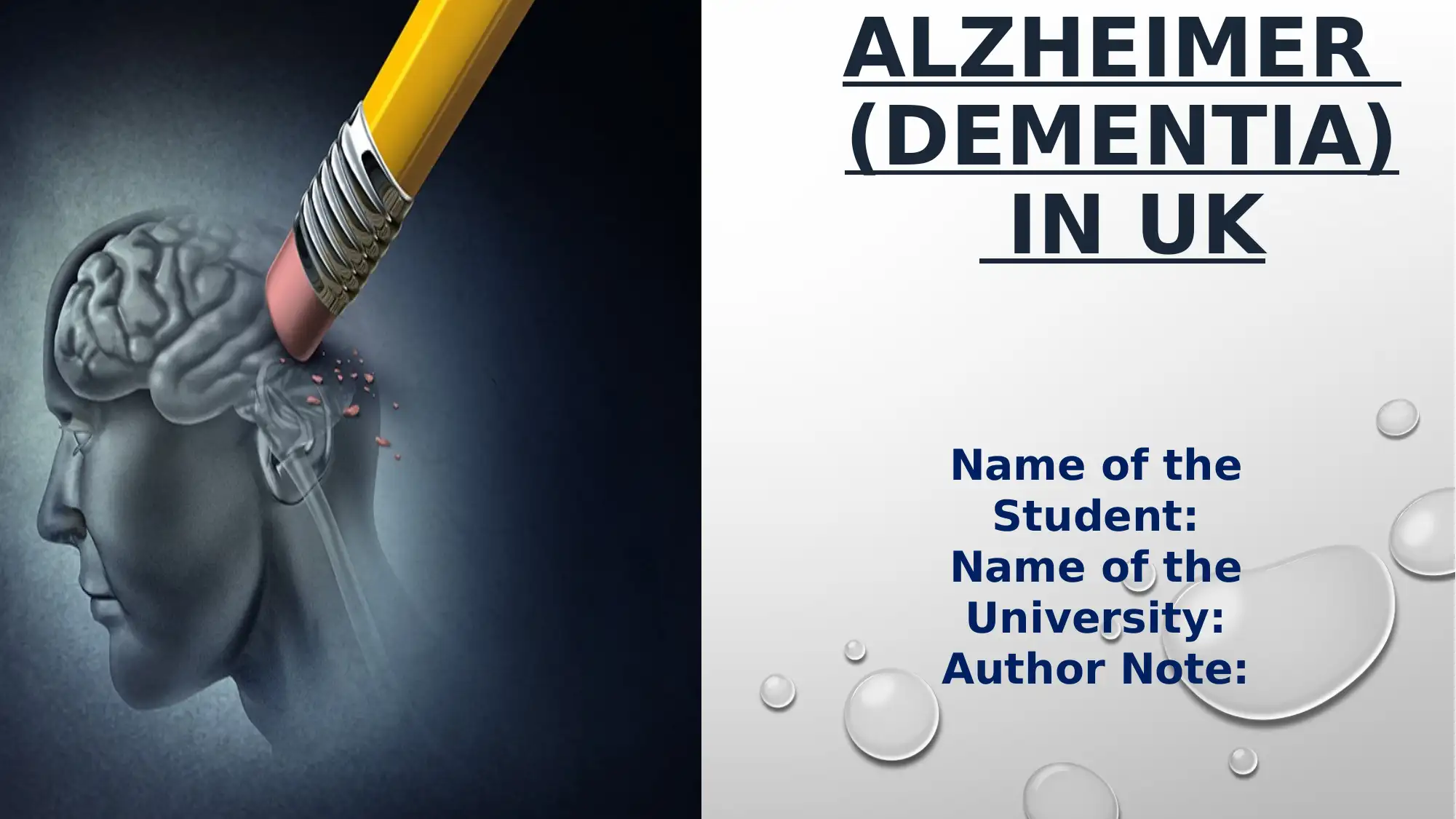
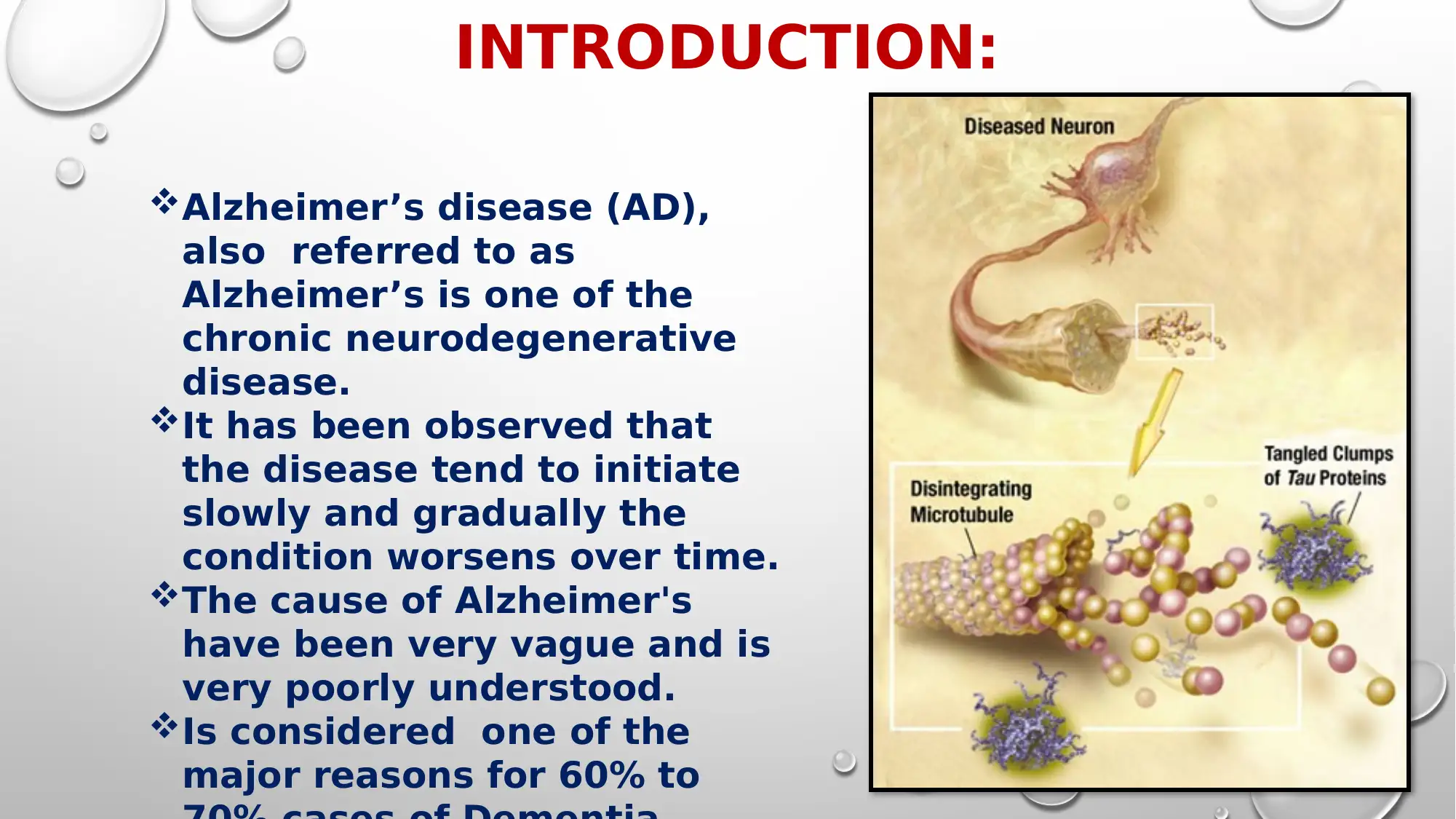
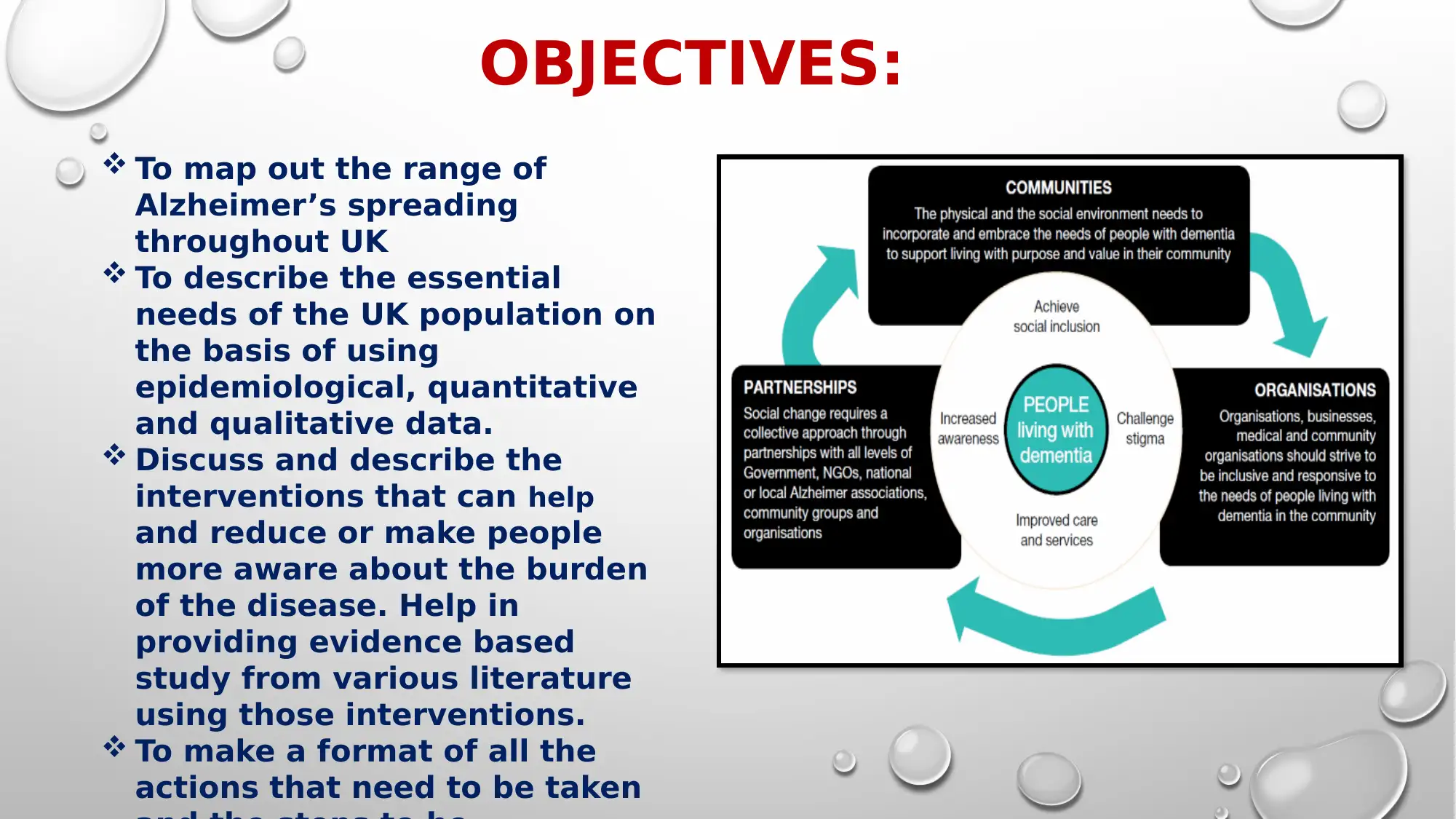

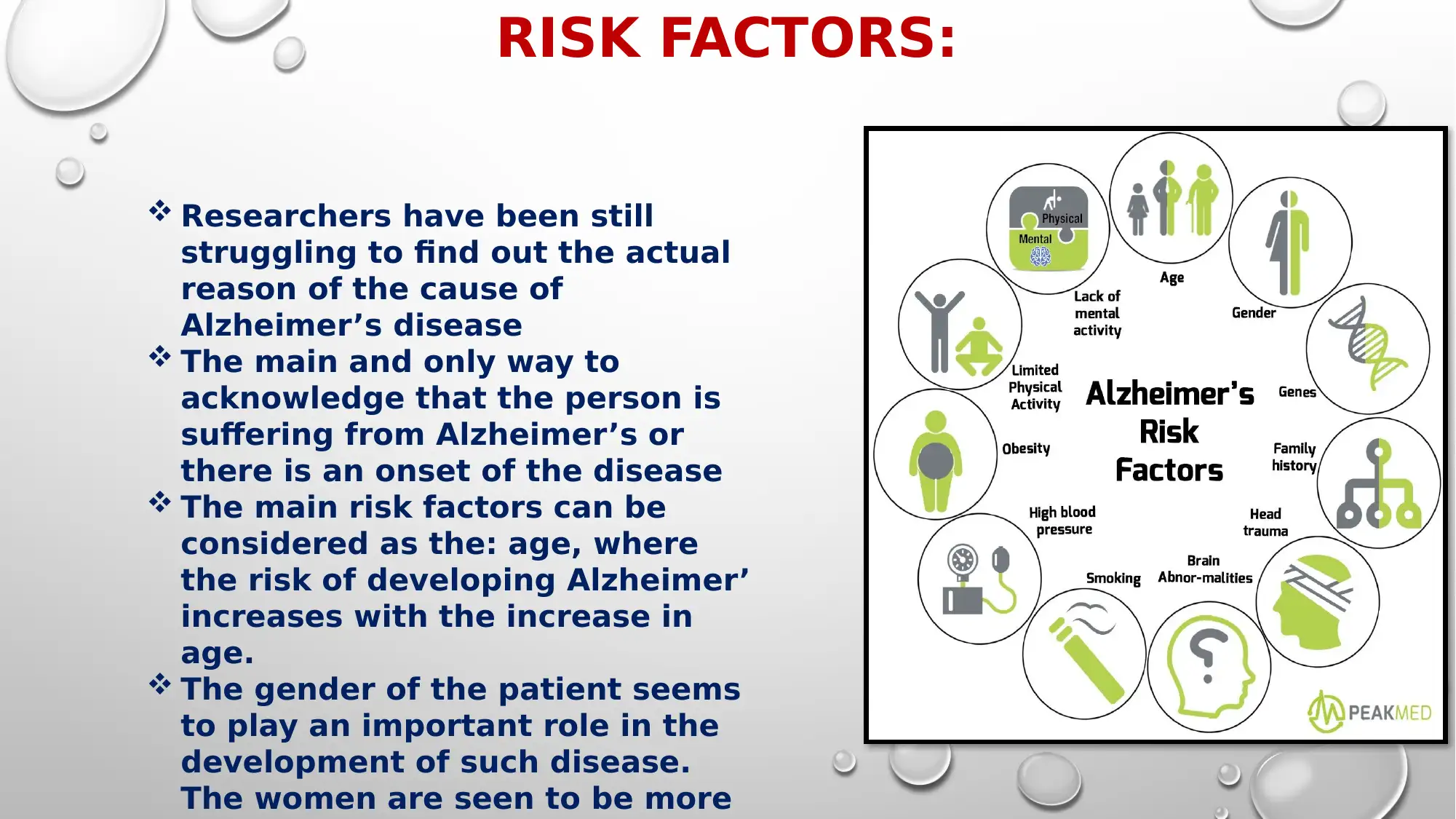
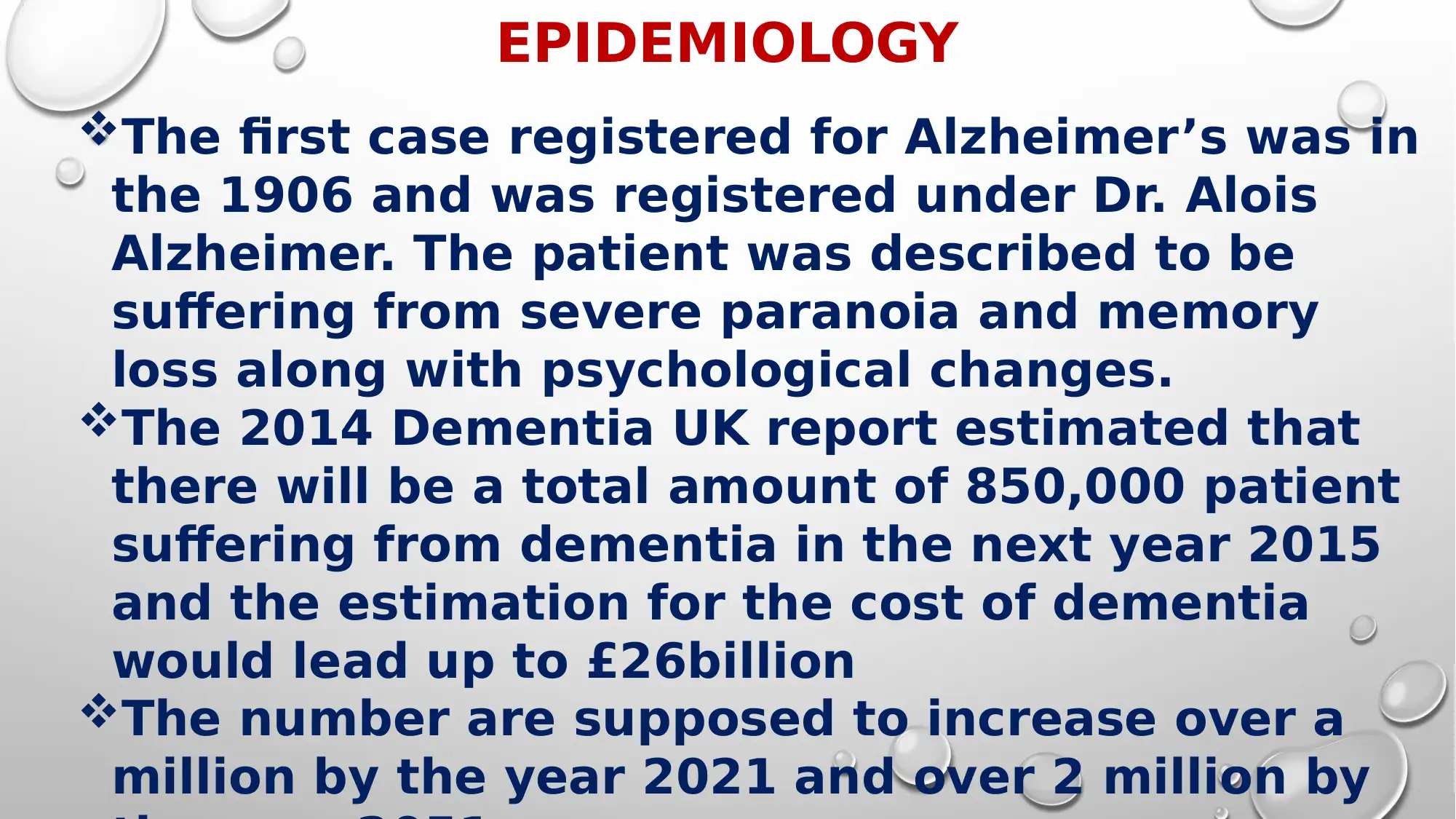
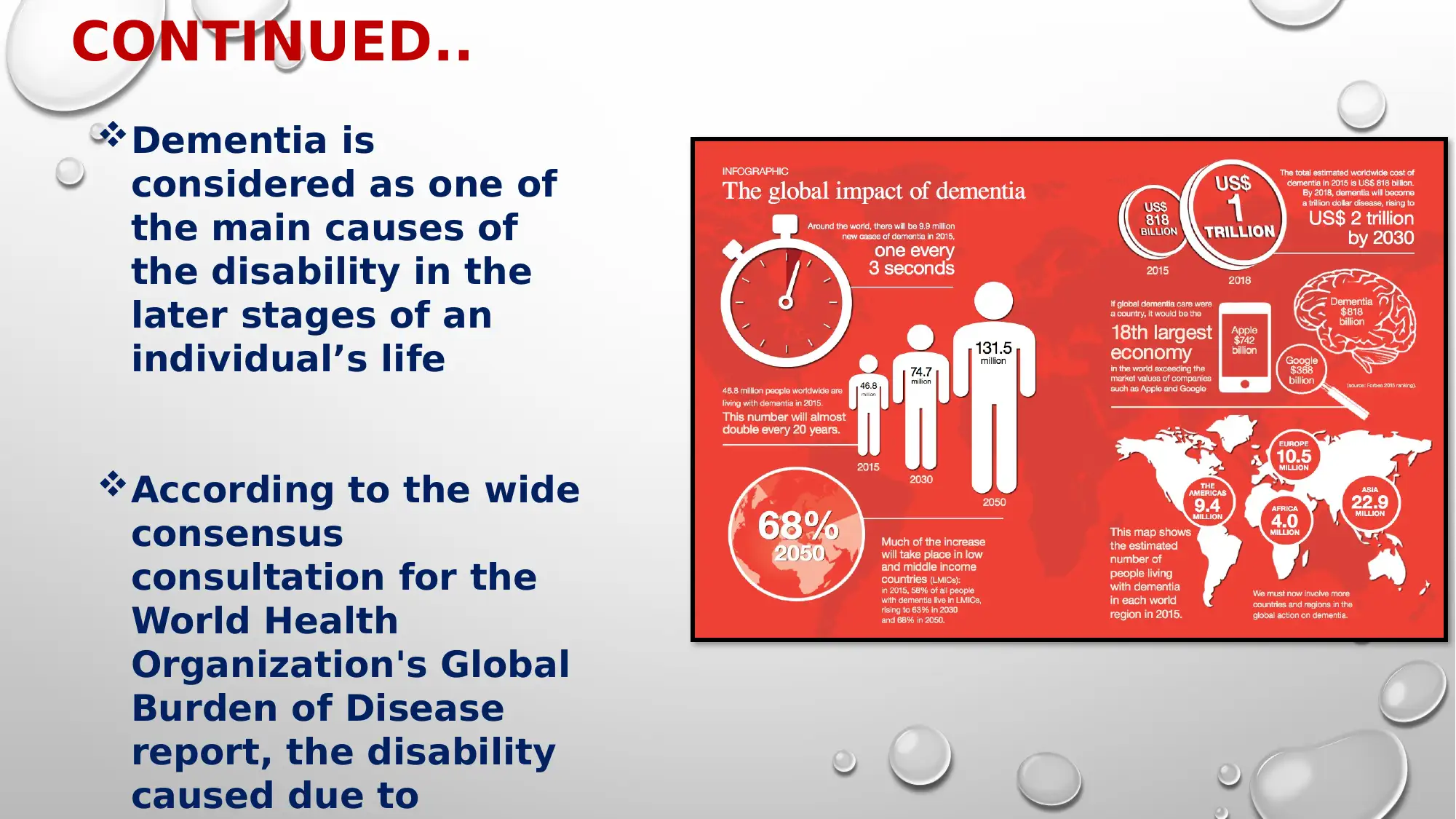
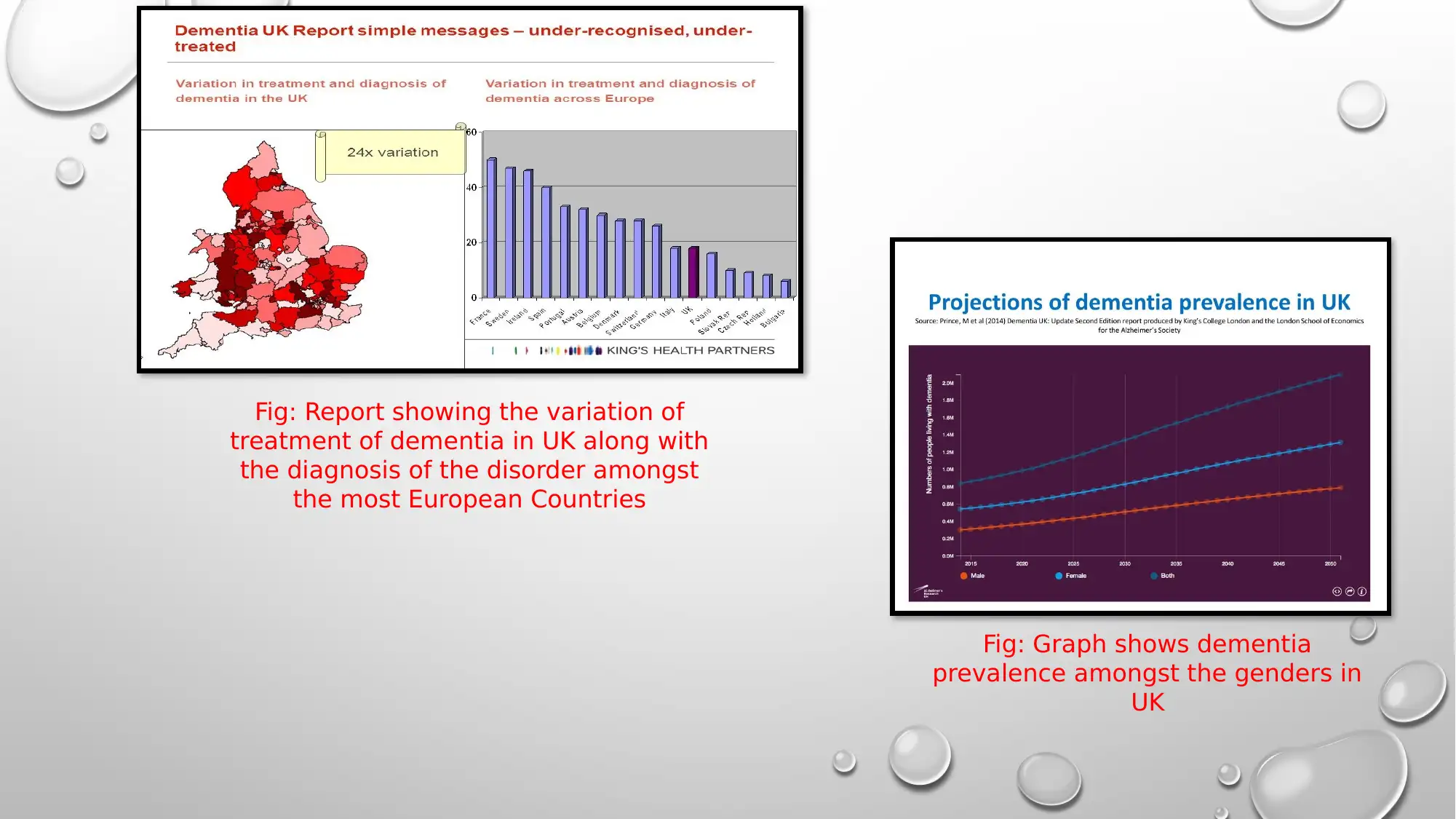
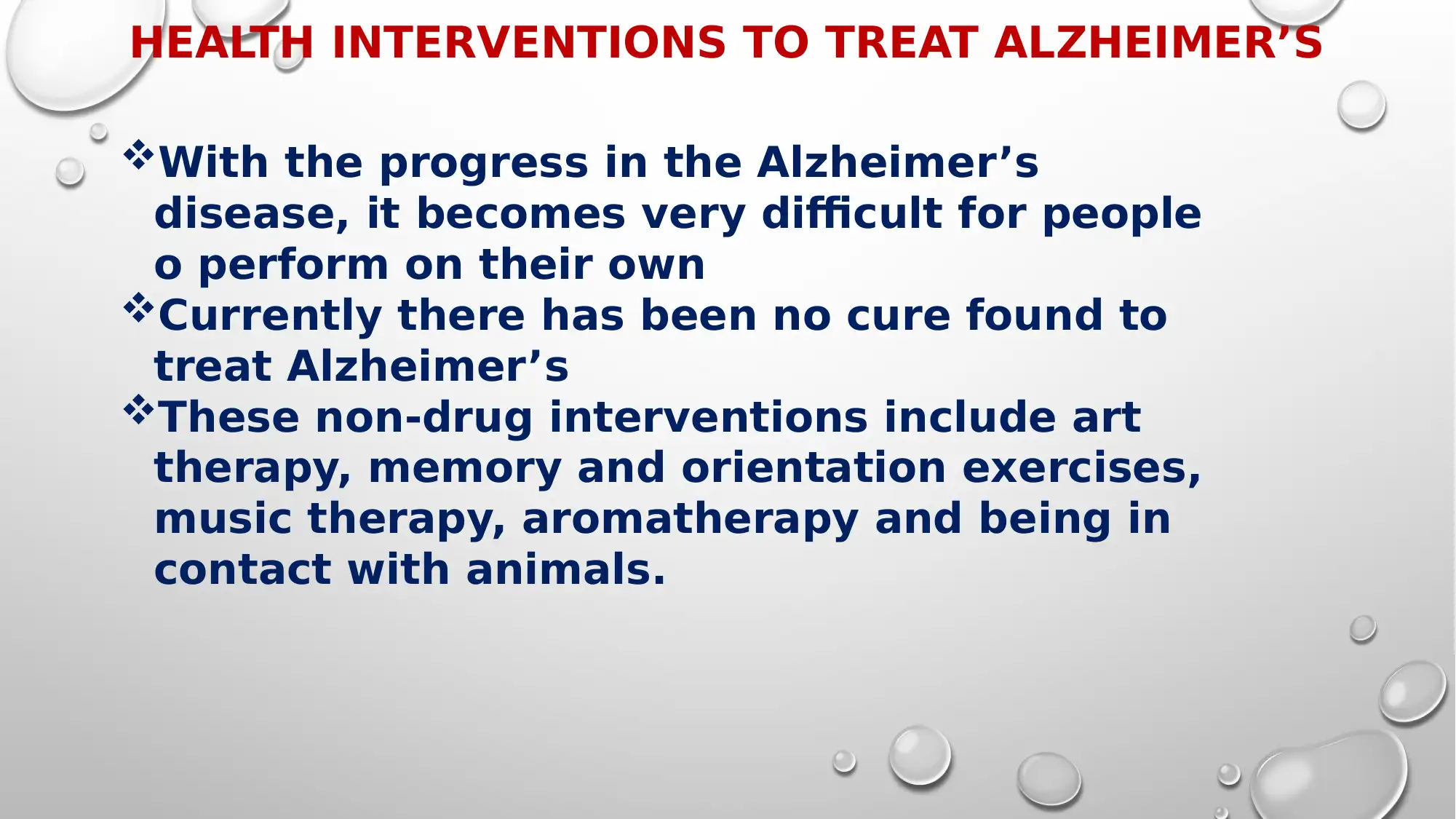
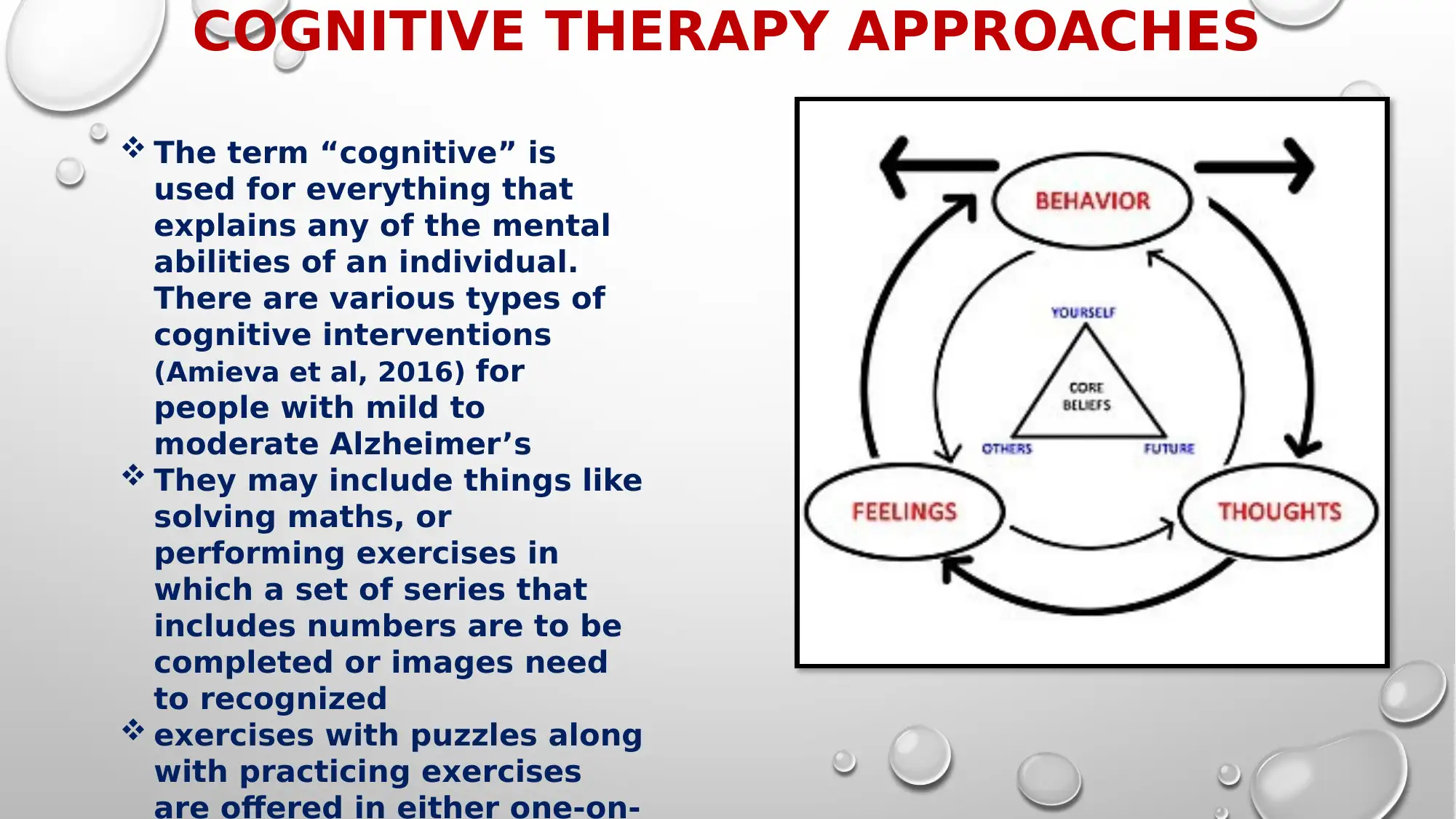
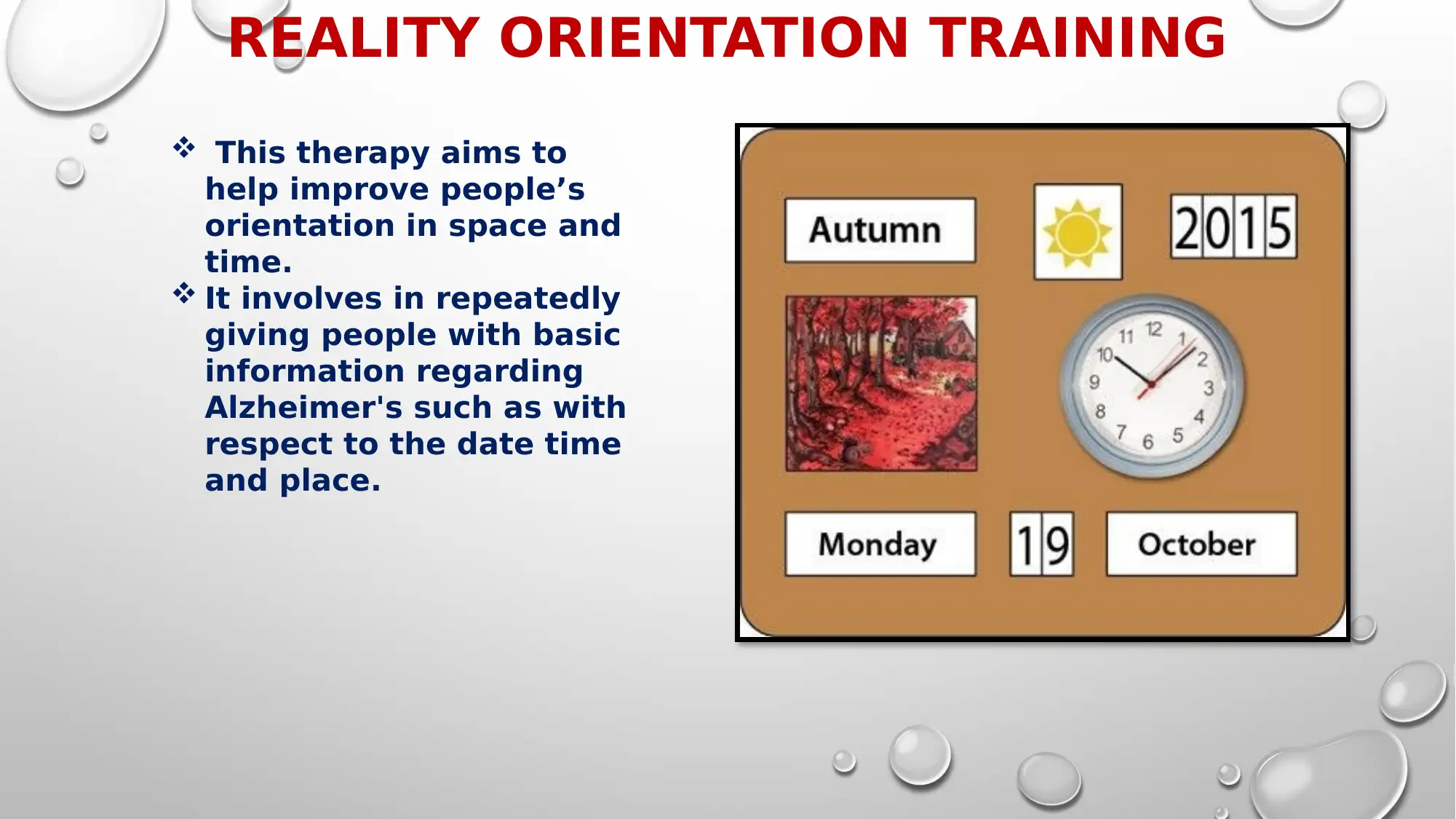
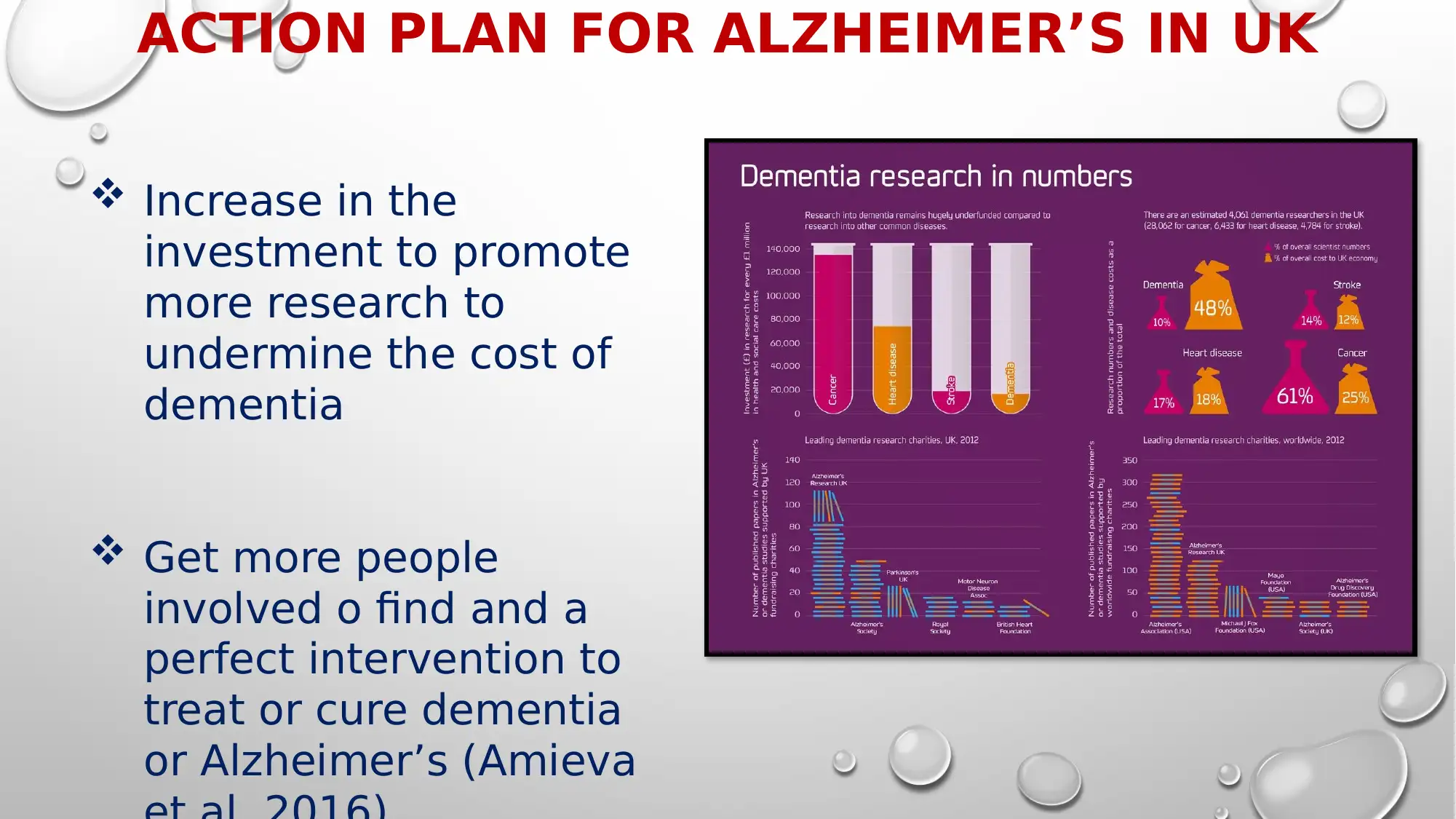
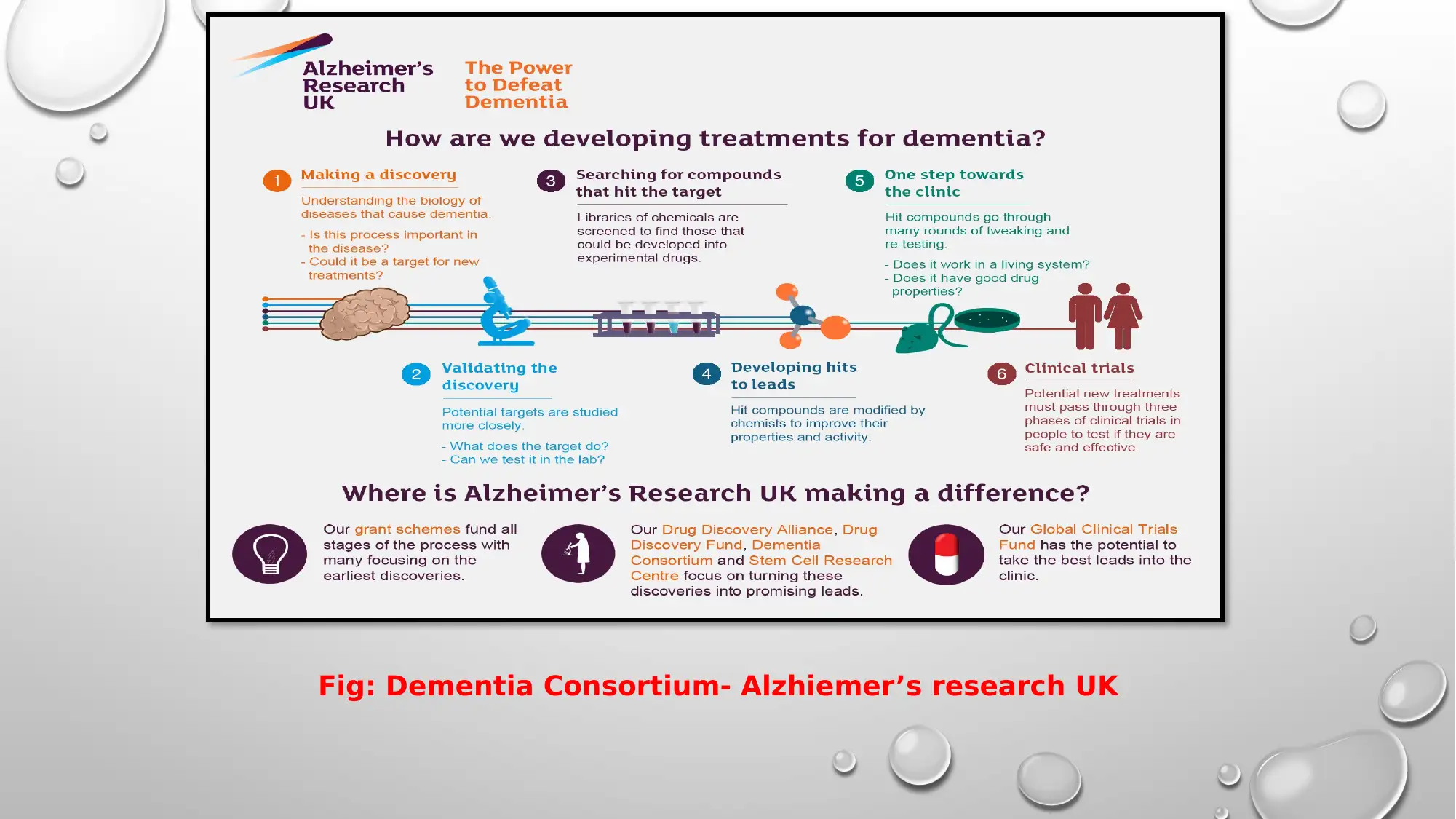






![[object Object]](/_next/static/media/star-bottom.7253800d.svg)